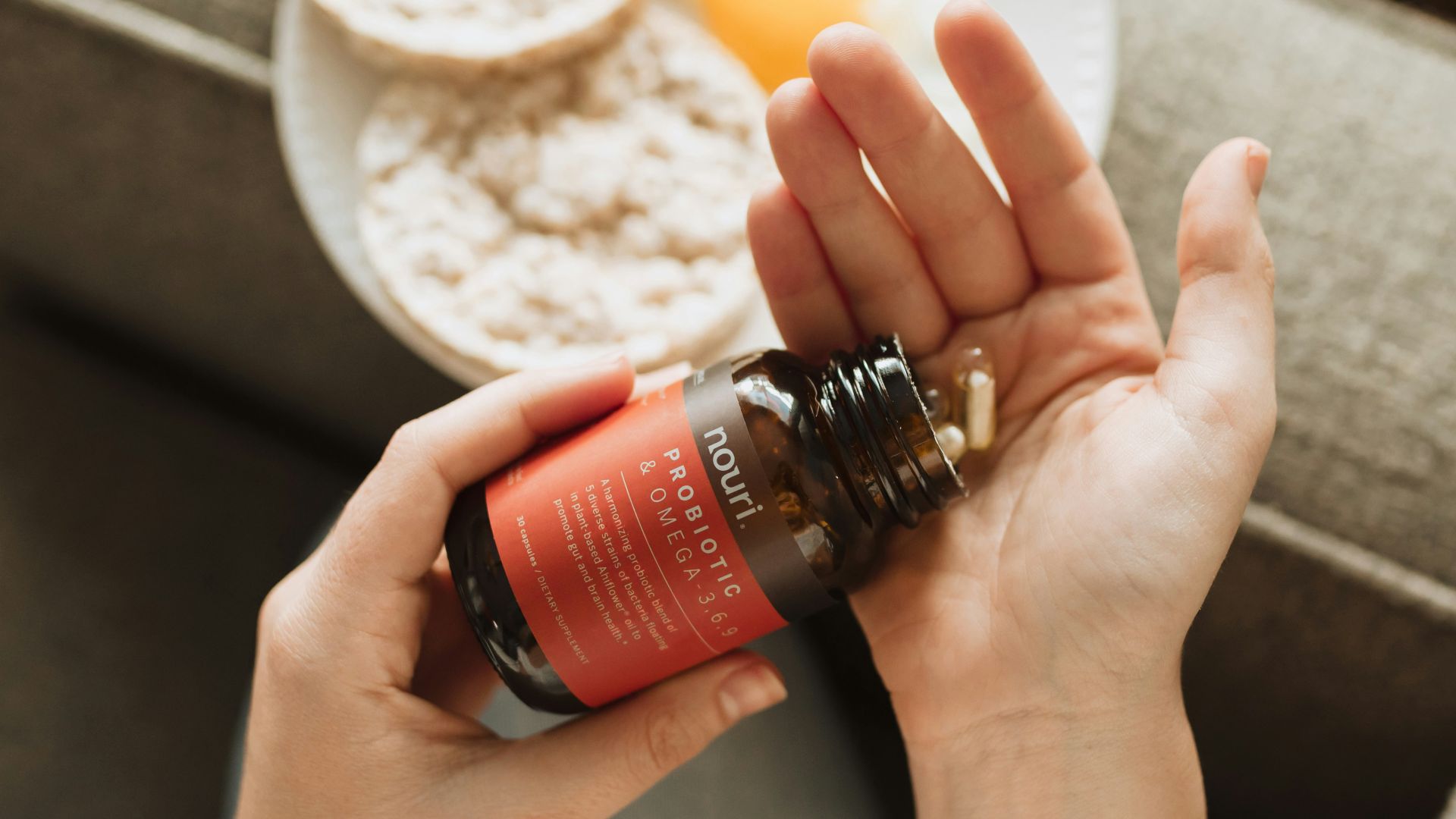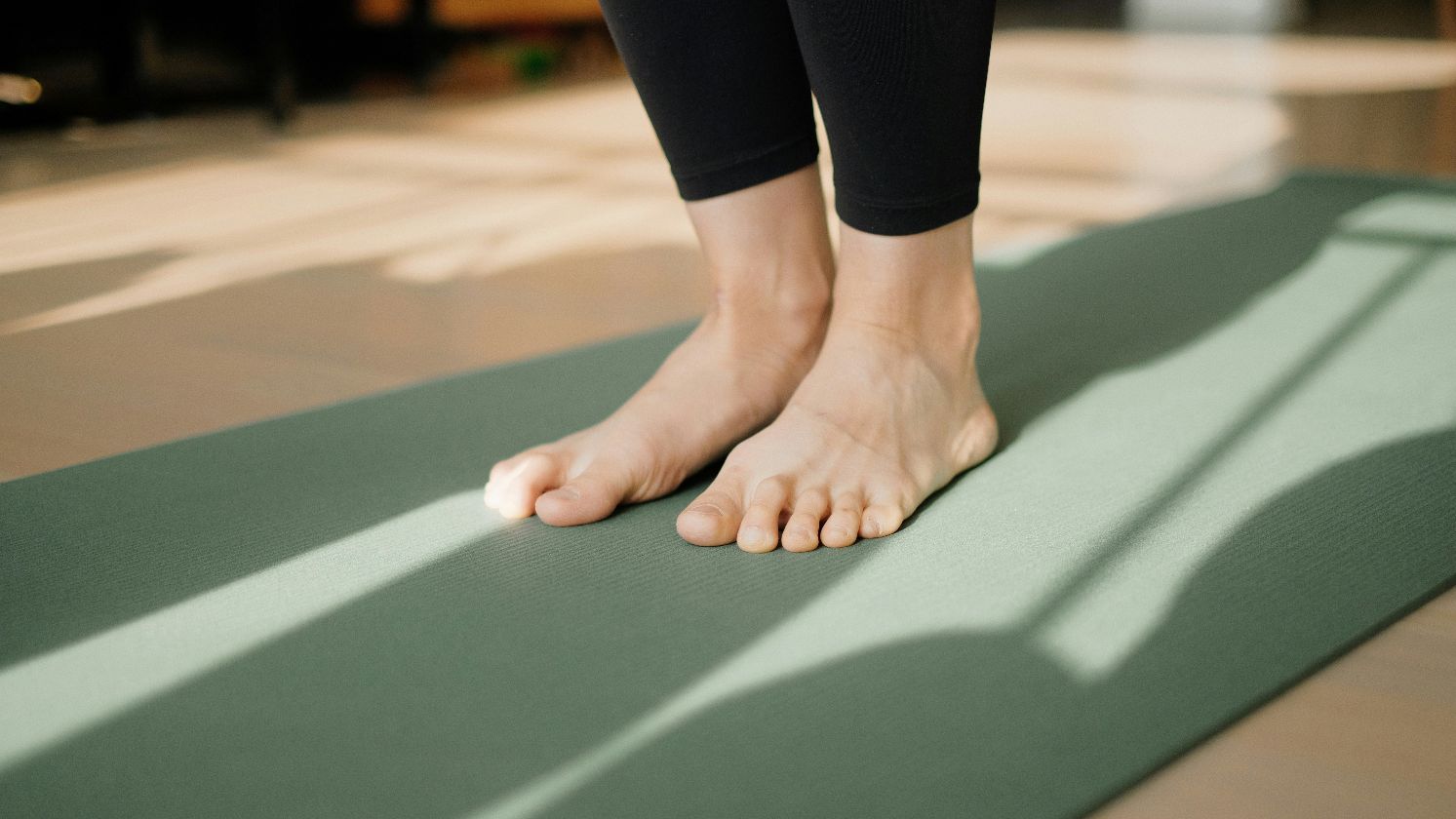Thriving Not Surviving
Let's face it, they aren't finding the fountain of youth anytime soon. Keeping your body healthy doesn't have to be about chasing immortality, it can mean learning to thrive in the here and now. Whatever age you happen to be, science has unlocked a reliable blueprint to help you not only live longer but better. Here are 20 evidence-based habits to guide you towards achieving lasting health and vitality.
1. Engage in Regular Cardiovascular Exercise
Your cardiovascular system is the lifeline of your vitality, and studies have shown that engaging in aerobic activity like brisk walking, running, or swimming can slash all-cause mortality nearly in half. Increasing your heart rate not only strengthens your heart but improves your blood flow and enhances your body's ability to deliver oxygen to tissue.
2. Incorporate Strength Training
Strength goes far beyond lifting heavy weights and having impressive muscles. As strength is one of the most reliable predictors of longevity, even 30 to 60 minutes of resistance training per week has been shown to reduce all-cause mortality by up to 17%.
3. Prioritize Sleep Quality and Consistency
Getting a good night’s sleep isn't a luxury, it's a pillar of longevity. Many experts estimate that sleeping an optimal 7 hours per night can boost your life expectancy by nearly five years, as well as reduce your chance of developing dementia or Alzheimer's in your later years.
4. Eat a Balanced, Nutrient-Rich Diet
While there is a tremendous amount of debate among both scientists and your average Joe about what foods are best, the Mediterranean diet, with its emphasis on plants, fish, and healthy fats, remains one of the most studied. Eating like a Mediterranean islander has been shown to lower your risk of cancer mortality, diabetes, and slow cognitive decline.
5. Stay Hydrated Throughout the Day
A long-term NIH study found that those who were dehydrated had a 21% greater risk of early death. Water is the source of all life on this planet and it's no different with you—it’s longevity in liquid form.
6. Maintain a Healthy Body Weight
Bodies come in all shapes and sizes, but it should come as no surprise that maintaining a healthy BMI and waist circumference plays a significant role in managing a variety of metabolic diseases. Don't obsess over the scale—focus on maintaining healthy habits like staying active, managing meal portions, and avoiding processed foods.
7. Practice Mindfulness and Stress Reduction
Chronic stress causes cortisol to spike in the body, increasing inflammation. Being mindful, meditating daily, and practicing breathwork have all been shown to facilitate well-being by lowering inflammatory markers in the body.
8. Avoid Smoking and Limit Alcohol Consumption
When we talk about limiting alcohol, we’re not talking about that evening glass of wine you drink to unwind. And yet, limiting both alcohol and smoking are two actionable strategies that can have a significant impact on reducing cancer, liver, brain, and cardiovascular risks.
9. Foster Strong Social Connections
In our digital society, we find ourselves more isolated than ever, but studies have found that loneliness is as bad for your health as smoking 15 cigarettes a day. Fostering a strong sense of connection with your friends not only supports your mental well-being and reduces stress but can even improve your immune function.
10. Protect Your Skin from Sun Damage
Sunlight is essential for our bodies to produce vitamin D, a vital component in healthy immune function. That said, too much UV radiation accelerates skin aging, increasing your risk of developing melanoma and other skin cancers, so it’s important to manage your exposure with protective gear and sunscreen.
11. Take Care of Your Oral Health
Your mouth is the gateway to your body, and if you don't take care of your oral hygiene, you might inadvertently give access to some unwelcome guests. Gum disease has been implicated in heart disease, diabetes, and even respiratory illnesses, so brushing twice a day and making sure to floss goes far beyond maintaining a bright smile.
12. Stretch Regularly and Maintain Flexibility
Longevity isn't just about how many years you've lived, it's about the flexibility with which you've been able to live them. Making a point to stretch daily can help improve your mobility, circulation, and balance—reducing the risk of a bad fall in your older years.
13. Keep Your Brain Active with Mental Challenges
Have you ever heard the saying that if you don't use it, you lose it? The same goes for your cognitive function. Even in your old age when you’re relaxing at home in your retirement, you should make a habit of keeping your brain active by learning new skills, reading, and challenging yourself mentally to help maintain your neural pathways.
14. Monitor and Manage Chronic Conditions
Ignoring chronic conditions is like burying your head in the sand—it changes absolutely nothing. Ignoring high blood pressure, cholesterol, and other metabolic disorders can gradually erode your health over time, so it’s important to monitor your lab work with a trusted physician. Taking proactive management through medication and lifestyle choices can add years to your life.
 National Cancer Institute on Unsplash
National Cancer Institute on Unsplash
15. Get Regular Medical Checkups
An apple a day keeps the doctor away—until it doesn't. As much as we may despise the doctor's office, routine checkups can help catch health issues early before they become an unresolvable problem. Preventive care means being a step ahead of an illness and is a cornerstone of smart aging.
16. Support Gut Health with Fiber and Probiotics
Our gut is home to trillions of bacteria that play a role far beyond digestion. This essential ecosystem, known as your microbiome, helps to modulate your immunity and even your mental health. Enjoying a diverse fiber-rich diet full of fruits and vegetables nourishes your gut microbiome’s diversity and can play a significant role in preventing chronic disease.
17. Use Proper Posture and Body Mechanics
Slouching at your office desk doesn't just annoy your boss, it can lead to chronic pain, spinal misalignment, and reduced mobility. Practicing good posture and using correct body mechanics to protect your spine helps preserve your musculoskeletal strength into your old age.
18. Avoid Prolonged Sedentary Behavior
A sedentary lifestyle has been linked to an increased risk of premature mortality. Even if you make a point of going to the gym daily, sitting at a desk for 8 hours a day can still sabotage your wellness efforts. Doing your best to stand, walk, or stretch every thirty minutes can help break the inertia of sitting and keep your body in tune.
19. Include Healthy Fats in Your Diet
Fat isn't your enemy—it's an essential fuel source for your brain, hormones, and cell membranes. The key is avoiding ultra-processed fats and choosing foods rich in omega-3 fatty acids—avocados, olive oil, nuts, and seeds—that suppress systemic inflammation and maintain metabolic vitality.
20. Practice Gratitude and Positive Thinking
Choosing to see the glass as half full isn't just an act of positive thinking, it's a health asset. Several prominent Harvard studies have shown that optimistic people live longer, so dare to look on the brighter side of life by consciously cultivating positivity and resilience in your life through daily reflection.
KEEP ON READING



























